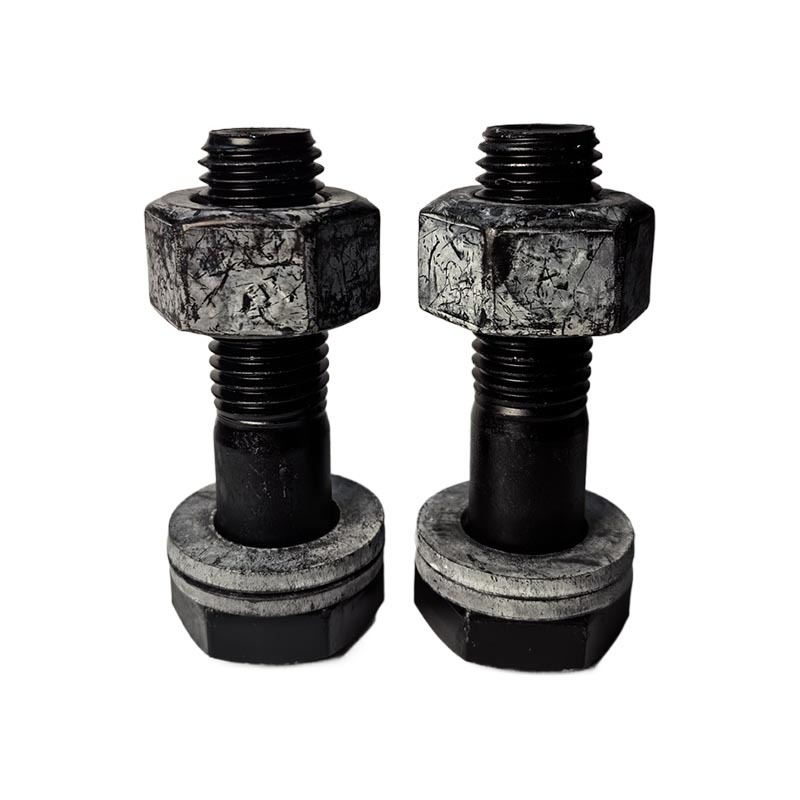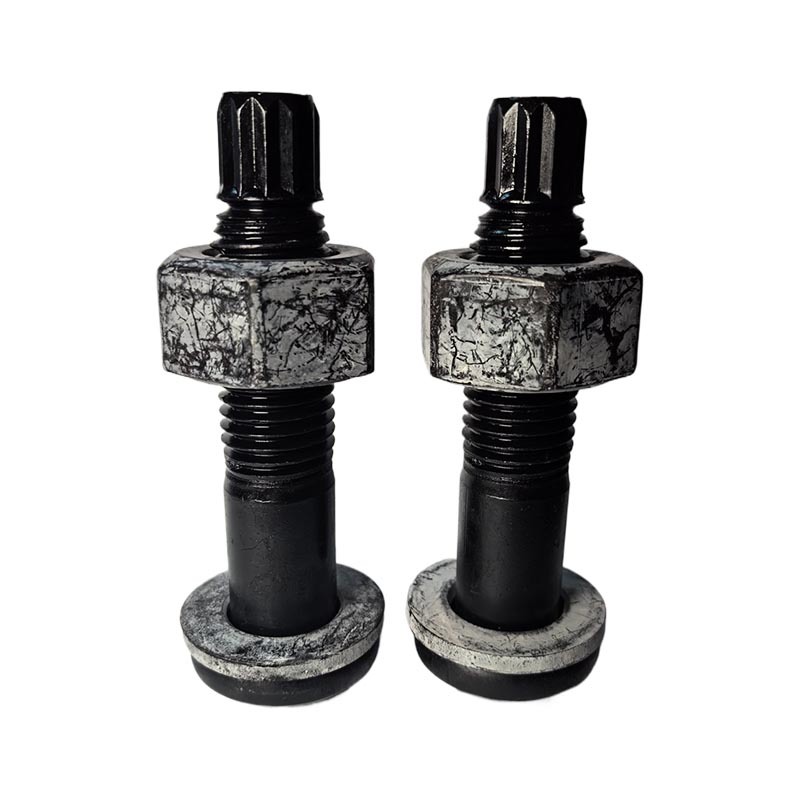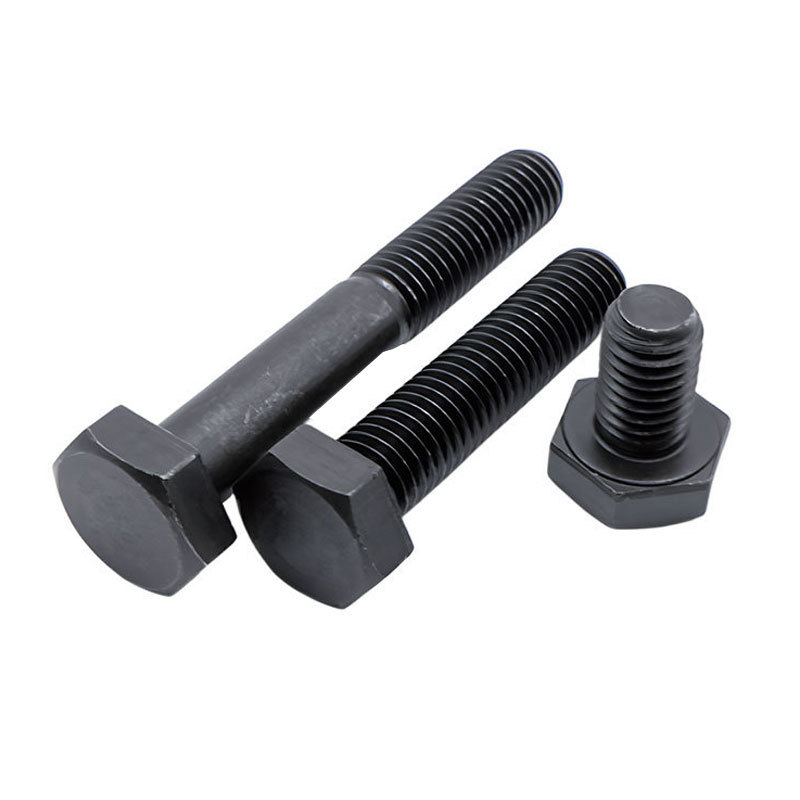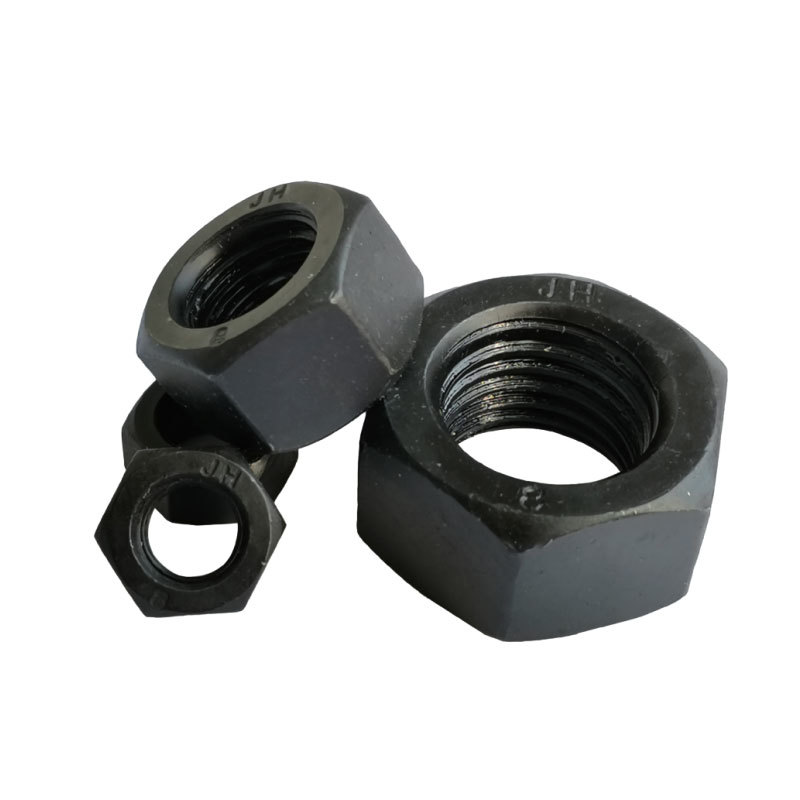The Nuts and Bolts of Hex Nuts: Common Questions Unpacked
Nov 07,2025
Understanding Hex Nuts
When it comes to fastening, the hex nut is one of the unsung heroes in the world of hardware. This little piece of metal, shaped like a hexagon, plays a pivotal role in countless applications, from automotive to construction. You might not give it much thought, but trust me, without hex nuts, many things would fall apart—literally!
What Exactly is a Hex Nut?
So, what's the deal with hex nuts? Well, they're essentially a type of fastener that fits onto a bolt, creating a secure hold. The hex shape allows for easy tightening and loosening with a wrench. It's like the trusty sidekick to your bolts, ensuring everything stays in place. And let's face it, who doesn't appreciate a good sidekick?
Common Questions About Hex Nuts
Now, let's dive into some frequently asked questions about hex nuts. You know, the ones that keep folks up at night!
1. What Materials Are Hex Nuts Made From?
Hex nuts come in a variety of materials. The most common ones are steel and stainless steel, but you can also find them in brass, plastic, and even aluminum. Each material has its own set of properties—like strength and corrosion resistance—so it's crucial to choose wisely based on your project needs.
2. How Do I Choose the Right Size?
Choosing the right size hex nut can be a bit tricky if you're not familiar with it. Generally, it needs to match the bolt size. For instance, if you've got a ¼ inch bolt, you'll want a corresponding hex nut. Don't just eyeball it! A loose nut can lead to all sorts of issues, like wobbling or, worse, complete failure. Nobody wants that kind of drama!
3. Are There Different Types of Hex Nuts?
You bet your boots there are! The most common types include:
- Standard Hex Nuts
- Lock Nuts (which prevent loosening)
- Flanged Hex Nuts (with a built-in washer)
- Cap Nuts (with a closed top)
Each type serves a specific purpose, so knowing the difference can save you a ton of headaches down the line.
4. Can I Use a Hex Nut in Outdoor Applications?
Absolutely! Just make sure you're using the right material. Stainless steel hex nuts are great for outdoor use because they're resistant to rust and corrosion. If you go with regular steel, consider applying a protective coating. It's like sunscreen for your fasteners!
5. How Do I Properly Tighten a Hex Nut?
The golden rule here is to avoid overtightening. Too much torque can damage both the nut and the bolt. Use a wrench and apply steady pressure until it feels snug. Think of it like giving a hug—enough to feel secure, but not so tight that it's uncomfortable.
The Bottom Line
Hex nuts might seem small and insignificant, but they're a crucial part of many projects. By understanding their types, sizes, and proper usage, you can ensure your projects stand the test of time. So next time you're at the hardware store, give a little nod to the hex nut. It's more important than you might think!
More Application
The Nuts and Bolts of Hex Nuts: Common Questions Unpacked
Unlocking the World of Hex Nuts: A Comprehensive Guide
Unpacking the Importance of Hexagon Flange Bolts in Today's Industry
Unlocking the Power of Hexagon Flange Bolts in Modern Industry Solutions





